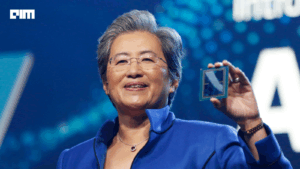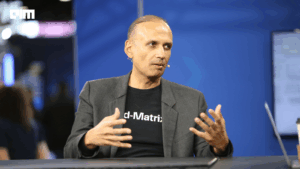eHealth just expanded “Alice,” its AI voice agent, to handle not only enrollment calls but routine post-enrollment service: application status, ID-card timing, billing questions and Do-Not-Call requests. The company said the expanded agent eliminated after-hours wait times and produced strong caller ratings in early use.
The move follows an earlier rollout of non-licensed AI voice agents in April that were built to collect intake information and help consumers begin plan selection. Taken together, eHealth presents the work as a progression: recommendation and matching systems under the hood, and a voice interface in front of customers.
AI becomes infrastructure for enrollment and service
eHealth’s public materials describe two, linked pieces of technology. One is a plan-matching system that the company says uses machine learning to pair beneficiaries with plans based on coverage needs, provider networks and prescription requirements. The other is voice automation that can route calls, deliver scripted answers and surface next steps for callers.
Service calls account for much of a broker’s operating cost, and the Medicare Annual Enrollment Period creates predictable surges in volume. Automating routine questions produces 24/7 coverage without hiring proportional headcount. eHealth told investors it has centralized AI work in an “AI Center of Excellence” to prioritize projects and govern model use.
The company also documents technology staffing and spend in its filings. Its SEC filings show several hundred employees in technology and content and disclose technology-and-content expense lines used for platform maintenance and development. Those items are the budget lines that fund work such as agent development and systems integration.
There are measurable early results in the company’s announcements. eHealth said Alice achieved a 100% answer rate for after-hours callers and that a majority of after-hours callers rated the experience “exceptional.” The release also cited higher expressed purchase interest among callers handled by AI in specific phone sample windows.
A broker market under pressure, and two different AI plays
eHealth operates in a crowded, seasonal and highly regulated market. Medicare Advantage enrollment now exceeds half of eligible beneficiaries, making plan choice and servicing a large consumer problem. At the same time, the industry faces legal scrutiny: the Department of Justice filed a False Claims Act complaint earlier this year that named several large brokers, including eHealth.
Competitors are responding with different technical priorities. GoHealth has emphasized agent-facing tools that pull details from plan documents and help licensed agents answer complex questions in real time. SelectQuote and other distributors have invested in lead routing, call-center automation and agent productivity systems.
Agent-facing LLM tools focus on improving the quality of licensed agent advice at point of sale. Consumer-facing voice agents aim to lower servicing costs and reduce wait times after sale. The two approaches can overlap, but they create different operating tradeoffs: one bets on human-plus-AI expertise; the other bets on shifting routine volume off humans entirely.
Risks and open questions are operational and regulatory.
Voice agents must handle sensitive consumer data securely and reliably. Public disclosures do not reveal model provenance, data flows or third-party vendor arrangements, and the company’s filings caution that governance and privacy are material areas of focus. Errors in answers about coverage, billing or eligibility could create customer harm or compliance exposure. The DOJ litigation also increases scrutiny on broker practices, which could affect how firms disclose and audit automated sales and servicing channels.
Public disclosures will show whether AI-handled calls meaningfully affect conversion or retention, and how much routine service volume shifts from human agents to automated systems. Regulatory oversight also remains a factor.
The Department of Health and Human Services and the Centers for Medicare & Medicaid Services continue to scrutinize Medicare Advantage marketing and servicing practices, including the use of automated channels. Meanwhile, Medicare Advantage enrollment has grown to roughly 34 million people, according to KFF, and plan designs have become more complex. That combination increases demand for clear, accurate information while raising the consequences of errors in automated responses.
Ketan Babaria, eHealth’s chief digital officer, cited AI’s impact on customer experience. “AI has the potential to significantly improve the quality and efficiency of the shopping experience we offer,” he said during the initial voice-agent rollout.
The expansion of Alice is a concrete step in a larger program of automation at eHealth. The company has combined spending on platform and product work with a central AI governance function.











